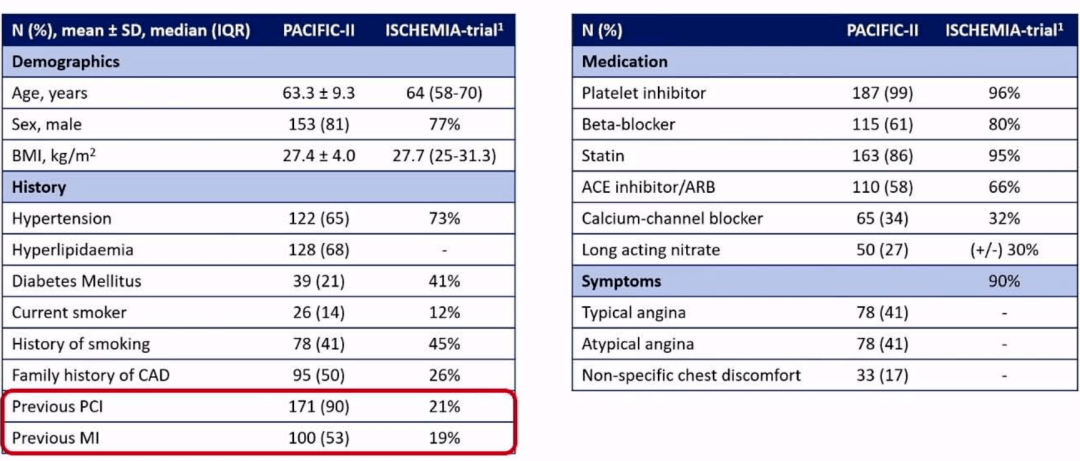Pet Losses: Navigating the Grieving Process with Compassion and Support
Guide or Summary:Pet LossesPet DeathsGrieving Process with Compassion and SupportPet LossesIn a world where our furry friends become an integral part of our……
Guide or Summary:
Pet Losses
In a world where our furry friends become an integral part of our lives, their unexpected departure can cast a shadow that lingers long after their last tail wag or purring snooze. The bond between humans and their pets is often described as unconditional love, a bond that can be as strong as any human relationship. When this bond is severed by the painful reality of pet deaths, the grief can be overwhelming, and the path to healing can seem insurmountable. However, navigating through this profound loss with compassion and support is not only possible but essential for the well-being of those left behind.
Pet Deaths
The loss of a pet is a profound experience that touches the core of our being. It's a loss that can feel as sharp and painful as the death of a loved one. Pet deaths can occur due to various reasons, including old age, illness, accidents, or euthanasia. Each scenario brings its unique set of challenges and emotions. Understanding the different aspects of pet deaths can help individuals process their grief in a healthy manner.
Grieving Process with Compassion and Support
The grieving process is unique for everyone, and it's important to acknowledge and respect individual experiences of loss. Compassion and support play crucial roles in helping individuals navigate through this difficult time. Here are some ways in which compassion and support can aid in the grieving process:

1. **Acknowledgment of Grief**: Recognizing and validating one's feelings of grief is the first step in the healing process. Allowing oneself to feel sad, angry, or even guilty is essential in processing the loss.
2. **Creating a Support Network**: Sharing one's experience with friends, family, or support groups can provide comfort and understanding. It's important to surround oneself with individuals who offer empathy and non-judgmental support.
3. **Engaging in Memorial Activities**: Participating in activities that honor the memory of the deceased pet, such as planting a tree, creating a memory box, or setting up a tribute page, can offer a sense of closure and continuity.

4. **Seeking Professional Help**: In cases where grief becomes debilitating, seeking the guidance of a mental health professional can be beneficial. They can provide coping strategies and support tailored to individual needs.
5. **Practicing Self-Care**: Engaging in activities that promote physical and emotional well-being, such as exercise, meditation, or journaling, can help individuals manage their grief and maintain a sense of balance.
6. **Embracing the Bittersweet Nature of Pet Loss**: Recognizing the joy and love that a pet brought into one's life, alongside the pain of their loss, can help in finding a sense of peace and acceptance.

In conclusion, pet losses are a profound and deeply personal experience. Navigating through the grieving process with compassion and support is essential for healing. By acknowledging one's feelings, creating a support network, engaging in memorial activities, seeking professional help when needed, practicing self-care, and embracing the bittersweet nature of pet loss, individuals can find their way towards healing and acceptance. Remember, it's okay to grieve, and it's important to take the time needed to honor the memory of our beloved pets and to care for ourselves as we navigate this difficult journey.